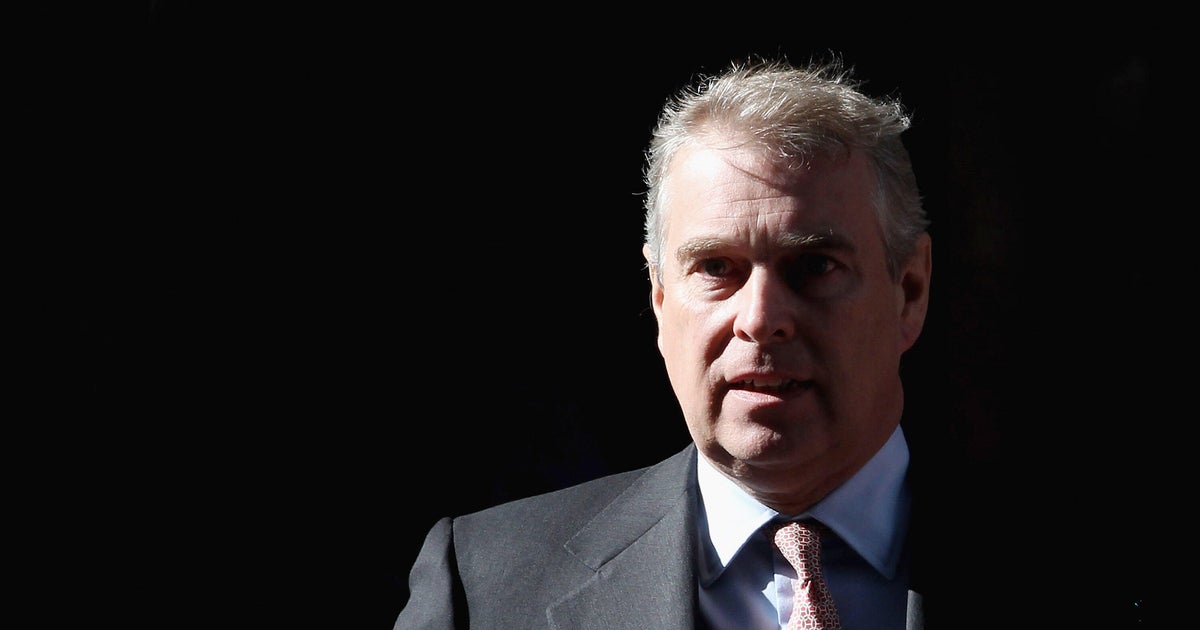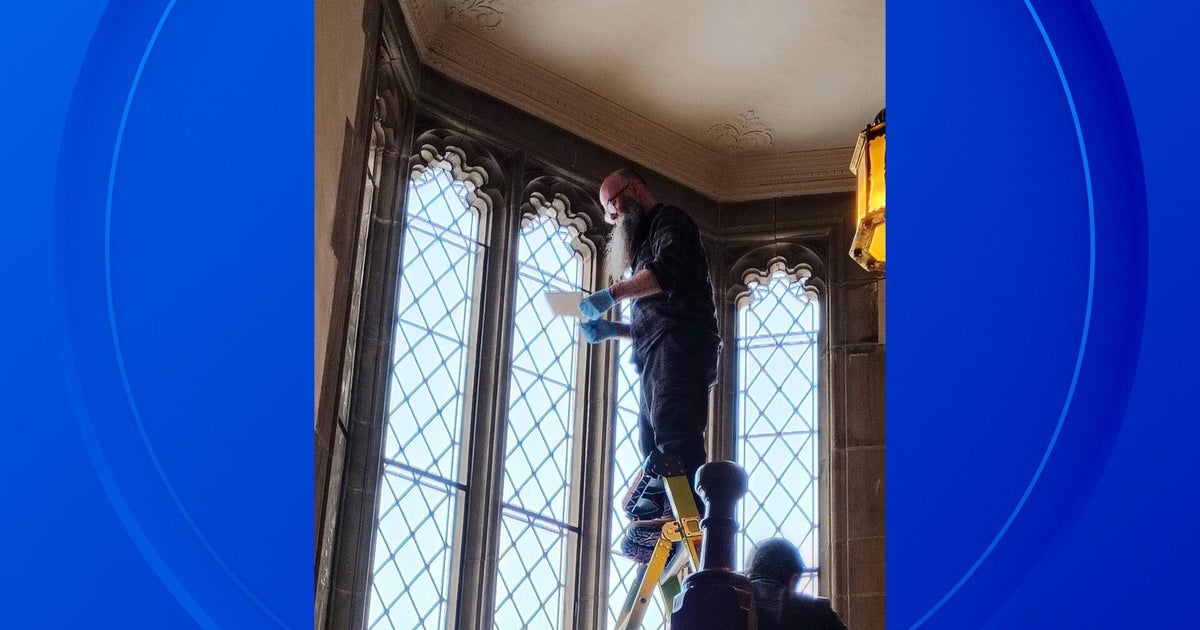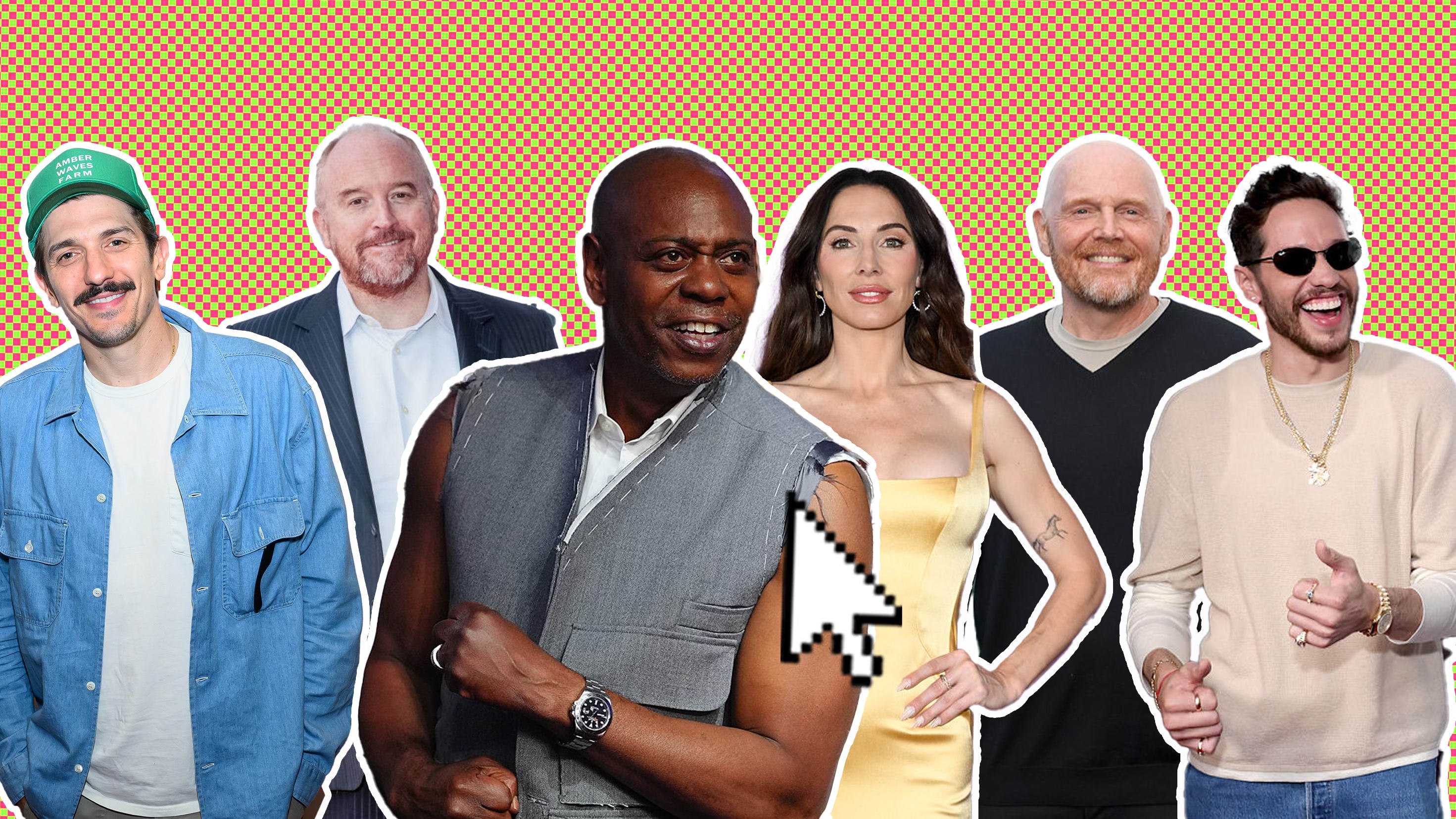Saudis battle killjoy image with monster trucks and hip hop
DUBAI, United Arab Emirates -- Monster trucks, hip-hop dancing and Game of Thrones all have one surprising thing in common now: Saudi Arabia.
The kingdom, which bans movie theaters and other entertainment venues, is challenging its ultraconservative image and loosening the reins on fun by opening its doors to live shows, including some American ones.
Clerics and many citizens still consider it all very sinful, but the growing entertainment scene has a powerful backer - the second-in-line to the throne. Deputy Crown Prince Mohammed bin Salman’s support is key to this cultural push, which also means the fun is tightly controlled.
- Saudi Arabia wants more tourists
- Saudi men arrested for dancing at party
- Saudi Arabia elects women to government for first time
Still, it’s a notable shift from just a few years ago, when the religious police - known as the Muttawa- would shoo women out of malls for wearing bright nail polish, insist restaurants turn off music and break up gatherings where unrelated men and women were mixing.
Last year, the Muttawa were ordered to soften their approach and their powers were curtailed.
Though most Saudis voluntarily adhere to the country’s Islamic mores, there are plenty who are happy to embrace reforms - or what could also be seen as a return to the more relaxed era of the 1980s, when music concerts were performed.
The recent all-male concert of Saudi singer Mohammed Abdu was both nostalgic and ground-breaking. He had not performed in the Saudi capital, Riyadh, since the late 1980s.
History is also being made. The first ever Comic-Con event in Saudi Arabia drew thousands of spectators in February in the Red Sea city of Jiddah.
Fans dressed up as their favorite Marvel characters. Actors Julian Glover and Charles Dance - Grand Maester Pycelle and Tywin Lannister from HBO’s Game of Thrones - made an appearance. Rock music blared in the halls. For most of the event men and women were not segregated - a surprising departure from the norm in schools, universities, mosques, restaurants and the many Starbucks and Pizza Huts across the country.
Though women must dress in loosely-fitted, long robes and most cover their hair and face with black veils, there was a female-only area at Comic-Con for those dressed up in colorful superhero costumes.
Moiz Muqri has been collecting comic books since the 1990s, when there was little else to do in the kingdom.
“An event like Comic-Con, I could not have imagined it happening in Saudi Arabia five years ago,” said the 37-year-old resident of Jeddah, who wore a Spiderman hoodie to the event. “It is a seismic shift what has happened in the last two, three years.”
The event was a step too far for some. It drew backlash from tens of thousands of Saudis on Twitter, including the prominent imam of the Prophet Muhammad’s mosque in Medina.
Sheikh Hussein al-Sheikh denounced the event for its life-size statues and its glorification of mystical superheroes, seen as a form of idolatry. He said it was “shameful that there be such events sponsored by an official entity,” and called for a boycott.
Within weeks his Twitter account was deleted without explanation - a reminder that speaking out against the government remains a red line.
The official arm behind these events is the General Entertainment Authority, created last year as part of a wider effort by the deputy crown prince to diversify the oil-driven economy.
A major aim is to keep some of the Saudi tourism money spent abroad each year in the country. The National Committee for Tourism says Saudis spent $35 billion abroad in 2015.
The Entertainment Authority wants to double what Saudi families currently spend on entertainment in the kingdom by 2030. Saudi Arabia is also in talks to open a Six Flags theme park.
Another aim is to appease the country’s majority youth, who - unlike older generations- have unrestricted access to the world through their smartphones.
One of the first shows to perform under this new banner was iLuminiate, a performance that fuses hip-hop dance with electrified glow-in-the-dark suits.
Several thousand men and women packed halls in Riyadh and Jiddah in October to watch the dancers perform to Michael Jackson, Bruno Mars and Missy Elliott hits.
Egyptian-American creator Miral Kotb, a software engineer and dancer, said she was approached to bring the show to Saudi Arabia by the company Live Entertainment with support from the government.
“They wanted something that would be family-friendly... so people are dancing in the dark and it is a pretty, I guess, conservative show as far as the movements,” she said.
There were a few women on stage, but there was no way to know who was doing what because the dancers were dressed in special suits and performing in the dark. Kotb says they took out hip movements and changed the costumes to look more conservative.
Crowds were loud and excited. “They were hungry for it,” Kotb said.
There are still no plans for movie theaters, but an evening with American movie star Al Pacino may take place in May, according to the Entertainment Authority’s website. Also scheduled for 2017 is a performance by Blue Man group, a comedy play, a poetry recital and drag racing.
Previously, Saudi Arabia hosted WWE wrestling matches for male-only crowds. This month, the all-American Monster Jam truck show roared in Riyadh. Tens of thousands showed up to watch the massive, four-meter-tall (13 feet) monster trucks fly across pits and dunes.
Female drivers, mechanics and spectators were not allowed. The kingdom bars women from driving.
“You respect their religion and their beliefs and they really didn’t seem to have a problem with us,” said Monster Jam driver Randy Brown, a native of North Carolina.
“It was unbelievable how excited they were to have us there,” Brown said. “It was an experience that I wouldn’t trade for anything.”



